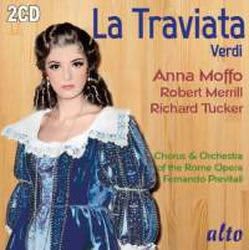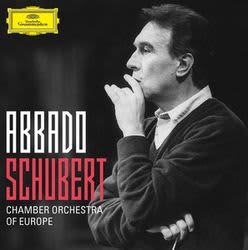Description
Detailed Presentation
|
Shostakovich’s film music represents an important area of his output, which began in December 1928 when he started writing the core to the film New Babylon. This was his first film-score commission, and the start of a collaboration with some of the Soviet Union’s great film directors. Unfortunately, Shostakovitch was rather too ambitious in this, his first film score; the music was too complicated to be used as background to s silent film, and was dropped in favour of a more conventional score. However, Rozhdestvensky arranged this extensive suite from the original score and, as orchestral music, the striking originality abd energy of this work can be heard to best advantage. Shostakovish was always interested in Jewsih music and much of his music was influenced by this interest. The song-cycle From Jewish Folk Poetry was writen in 1948 and orchestrated in 1964. Like much of this composer’s writing, it is full of parody and double meaning. Though Shostakovitch had to ’celebrate’ Russian life and to bring music closer to Russian people (in concurrence with Zhdanov’s 1948 decree), he did this, rather challengingly, by adopting a Jewish theme, so as to celebrate Jewish life in Russia – and in the knowledge that there was a large amount of anti-Semetic feeling. However, this is not a deeply cynical work. Indeed, there is much genuine sorrow, which is deply moving in performance, and consequently this work has become a permanent fixture in the repertoire. |










